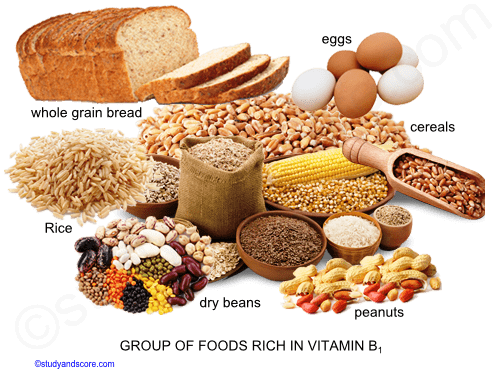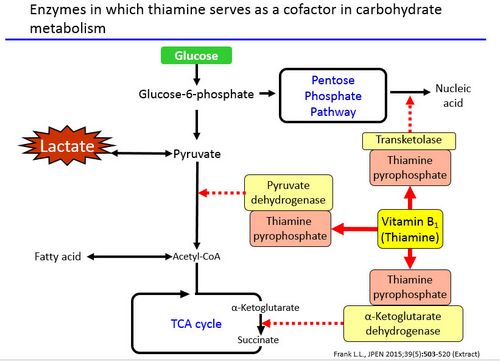Thiamine – How Important Is It in a Bodybuilding Diet?

Thiamine, often called thiamine, is an essential vitamin found in many foods and is often produced as an added vitamin and supplement. Foods containing thiamine are rich in the nutrient, which is necessary for the body to produce energy, regulate blood sugar levels, and aid digestion. Food sources of thiamine include red meat, some fruits and vegetables, and whole grains. For those on a diet, however, a good amount of thiamine may be difficult to come by.
People in poor countries are at the greatest risk of vitamin thiamine deficiency. The lack of this nutrient has been linked to many serious diseases, including heart disease, Alzheimer’s disease, kidney failure, anemia, and even mental retardation. The best way to ensure adequate thiamine intake is by eating a well-balanced diet that includes a variety of foods from different parts of the world. Foods that contain high levels of the vitamin include meat and poultry, nuts and seeds, and leafy green vegetables such as kale, collards, spinach, kale, parsley, and spinach.
There are many foods that are high in thiamine and may be eaten on a daily basis without any signs of deficiency. Because there is no official recommended daily allowance for thiamine in the United States, it’s important to remember that even though a serving of food is labeled as containing the vitamin, it doesn’t mean that every single serving contains the same amount. Thiamine is not stored in the body and doesn’t accumulate when not being used, so consuming too much of the vitamin over a long period of time can have serious health consequences. Most people can expect to receive about one to two grams of thiamine in their daily diet through natural food sources. Some of the most common foods that contain high levels of the vitamin include meat, eggs, milk, liver, cheese, yogurt, and nuts and seeds.
Because some people have had problems with thiamine toxicity, doctors have developed other forms of the vitamin to help supplement their diet. The most common of these is a multivitamin containing a small amount of thiamine as an added ingredient and can be purchased over the counter from most drugstores.
In addition to eating a diet rich in thiamine, it’s important to take a supplement if you’re trying to increase your vitamin’s level in your body. This vitamin can be used to help promote healthy muscle growth, improve the functioning of the immune system, combat a number of diseases, and help the body metabolize nutrients better.
Because thiamine is made in the stomach, it’s important to note that a pill cannot replace the benefits of daily servings of food.

A person who is suffering from a deficiency should avoid foods such as spinach and beans because they’re high in the vitamin. However, if you do eat these foods, you should only take a supplement if you want to add this vitamin into your diet.
Taking a supplement that contains thiamine will ensure that the body gets all the necessary amounts of the vitamin. While there are other vitamins and minerals that may be important in helping to prevent diseases and develop the body, thiamine is important because it helps the body make the necessary proteins that are needed to function properly. A doctor may recommend a combination of vitamins, minerals, antioxidants, or herbal supplements to support the body’s function and keep its systems in balance.
Although thiamine supplements are recommended for individuals on a daily diet, anyone should consider adding a supplement if they are experiencing a deficiency. If you’re suffering from a low level of thiamine in your body, talk to your doctor about a supplement that may be able to help improve your symptoms. This vitamin can provide a number of benefits in the body, including promoting healthy bones, brain function, energy, muscle growth, and overall well-being.
